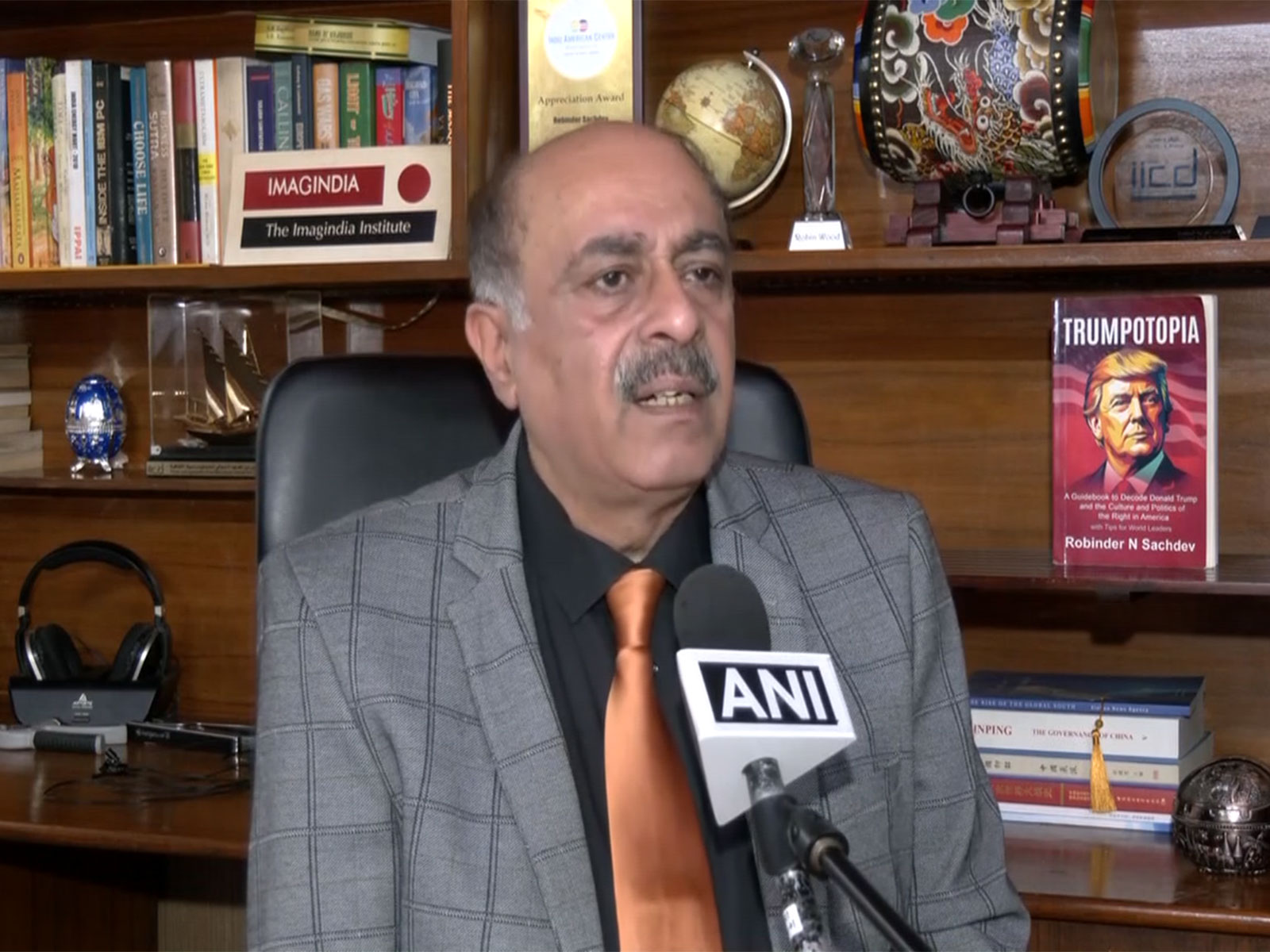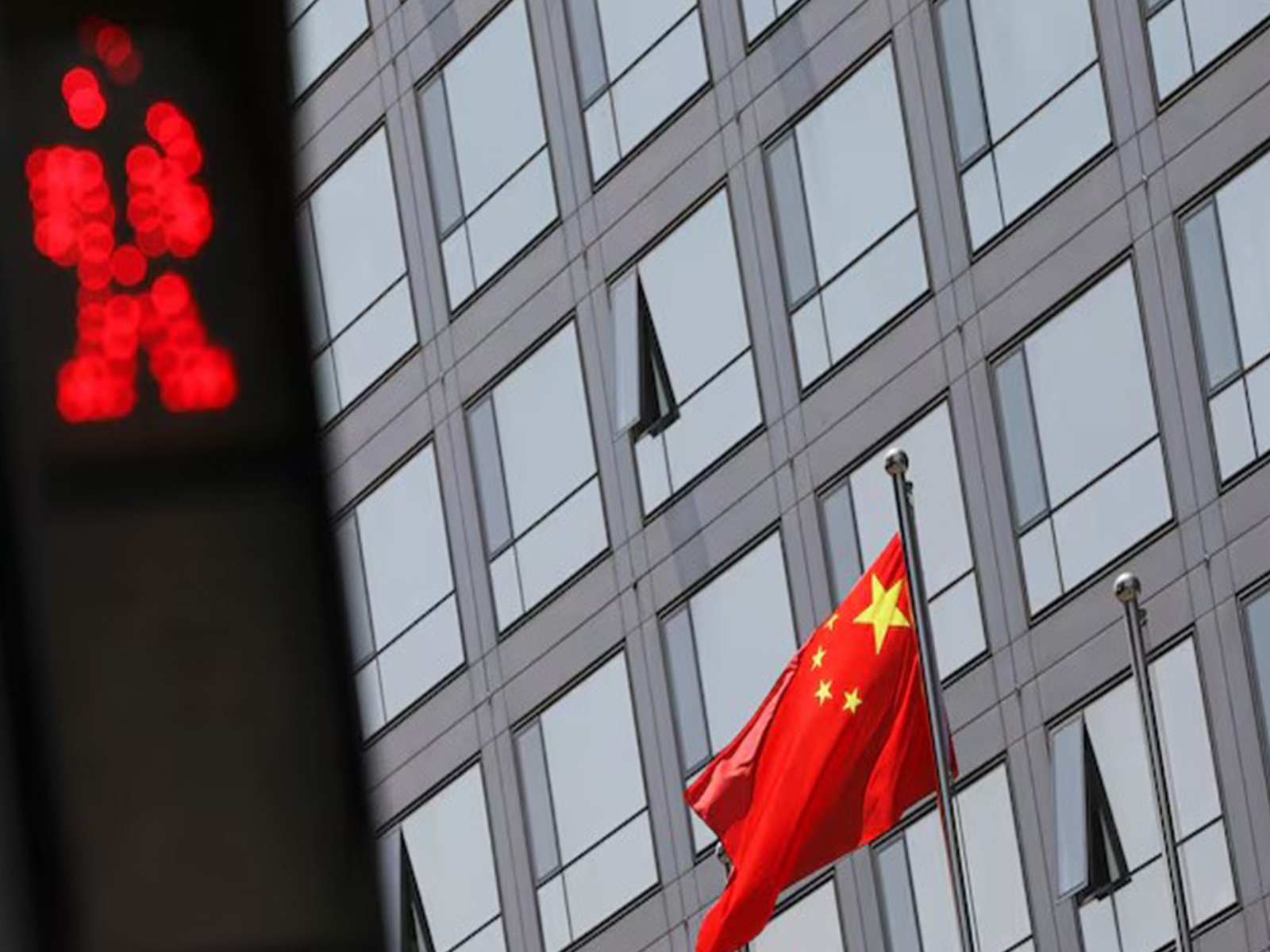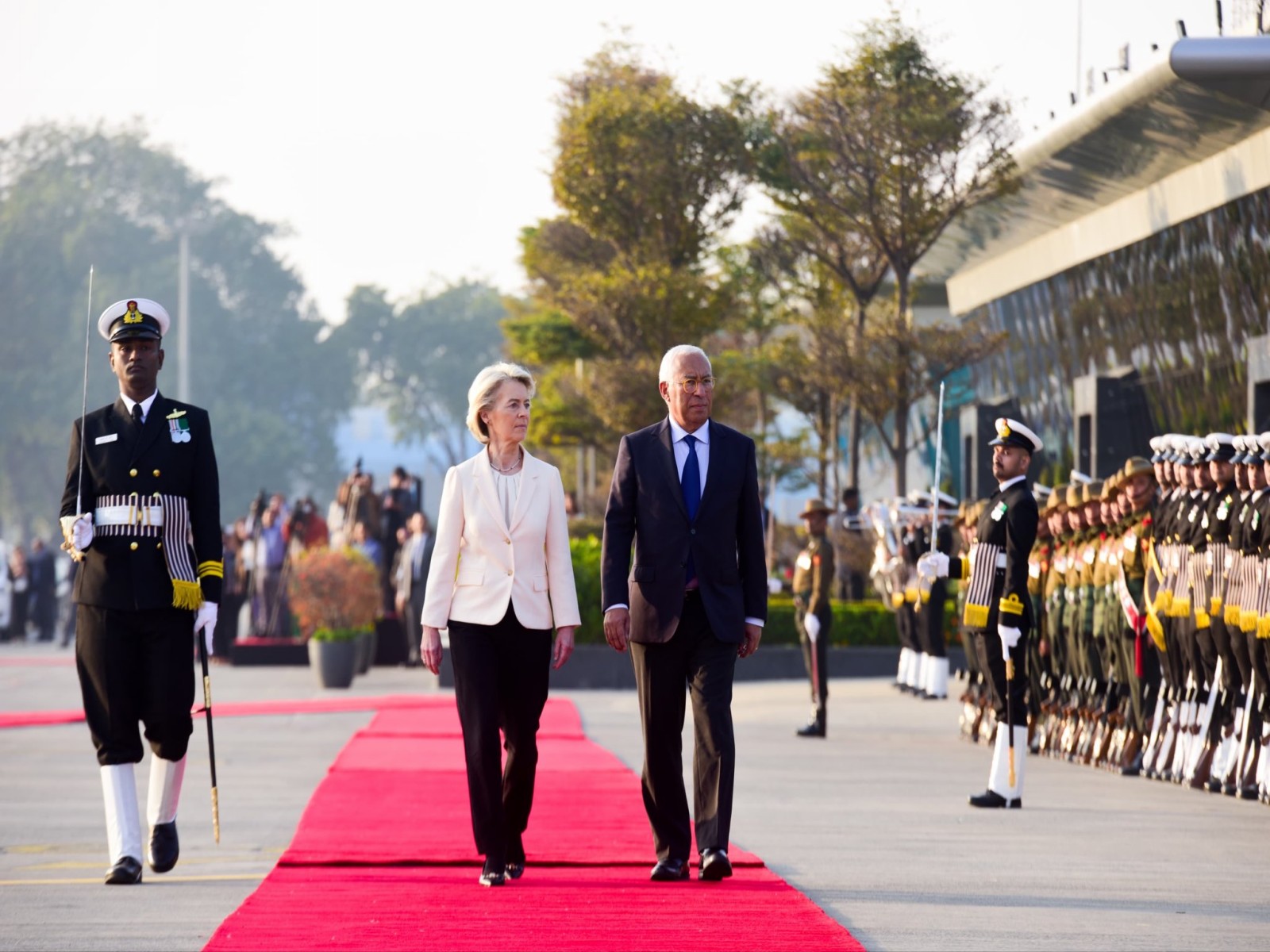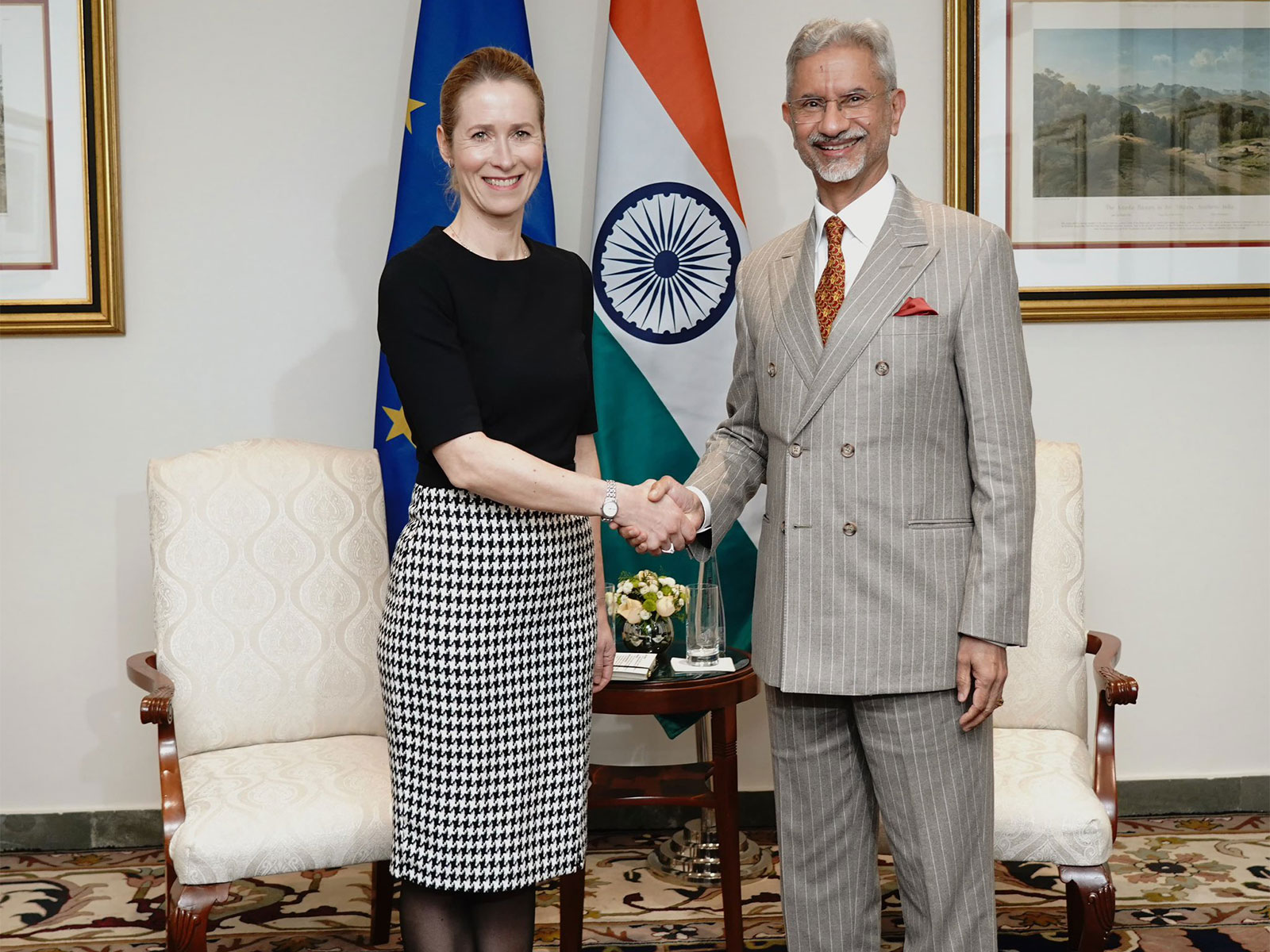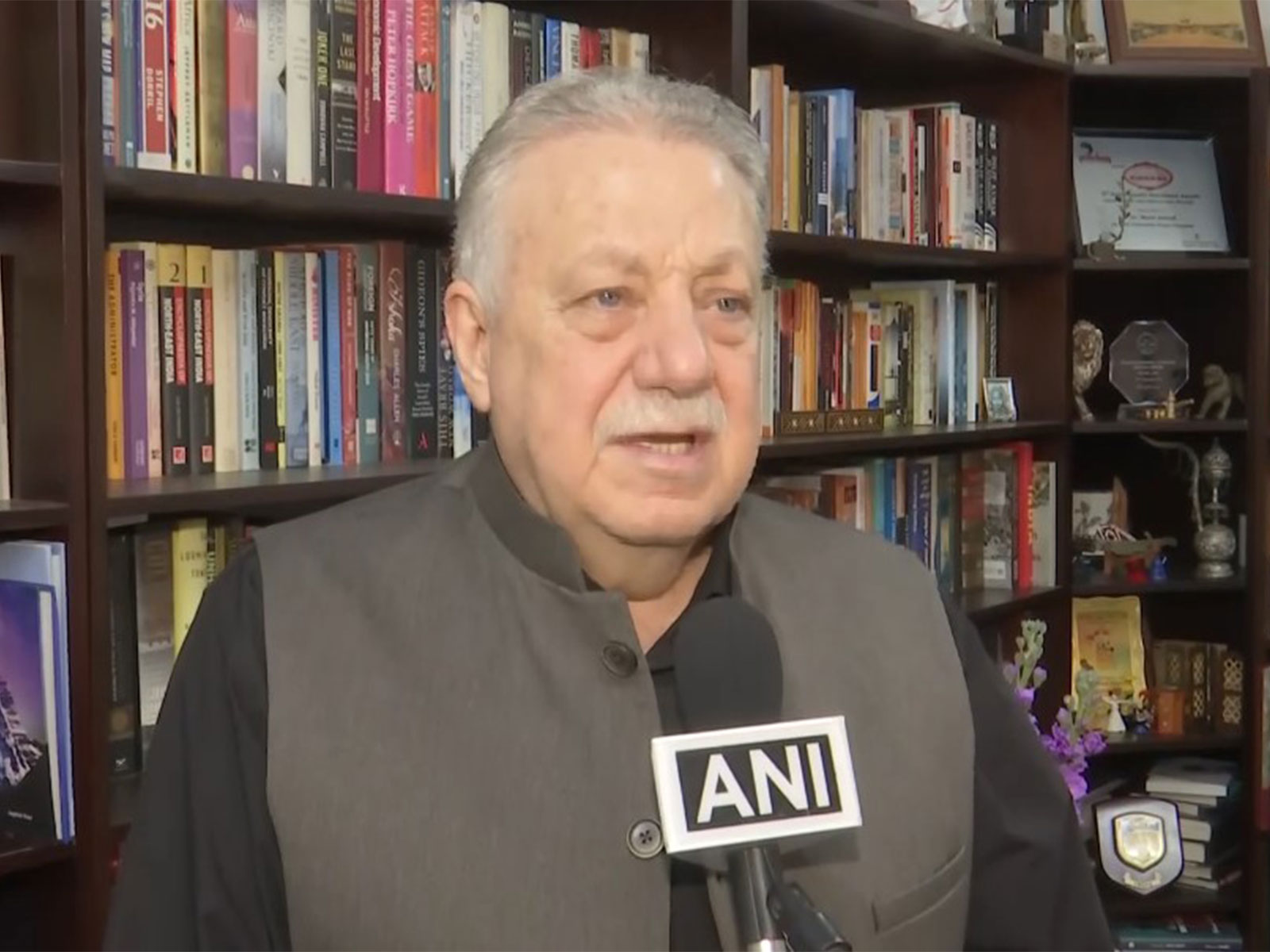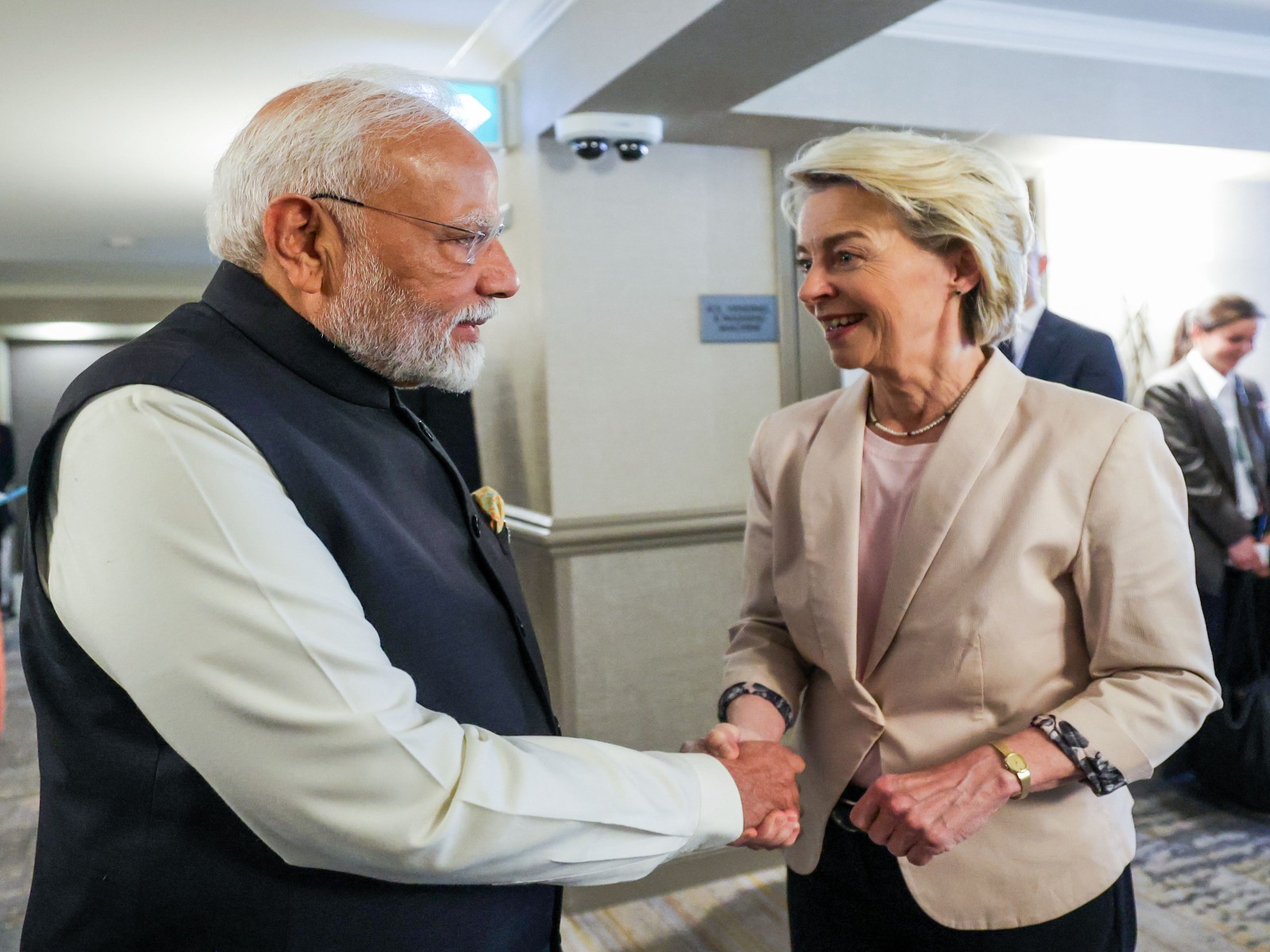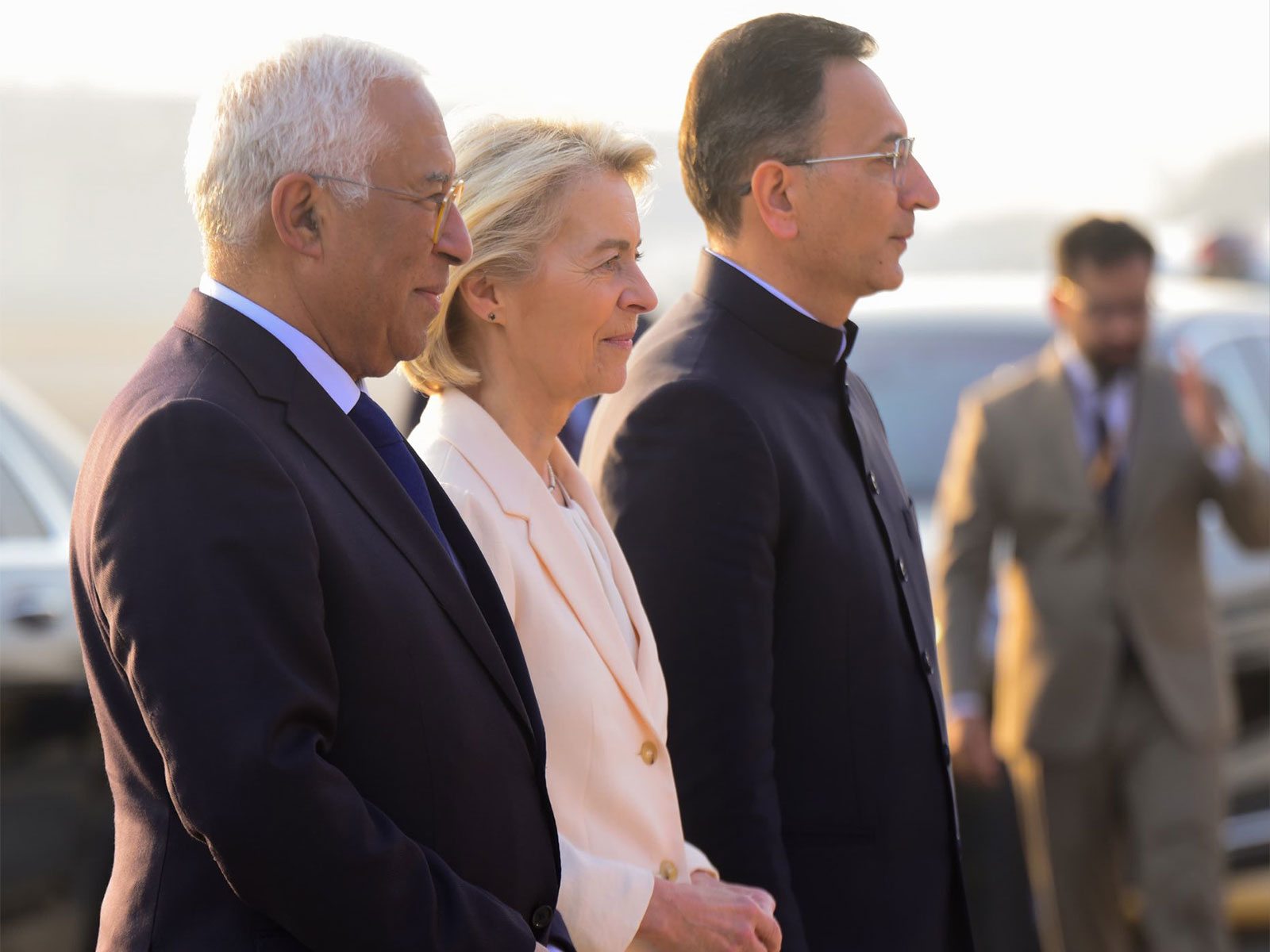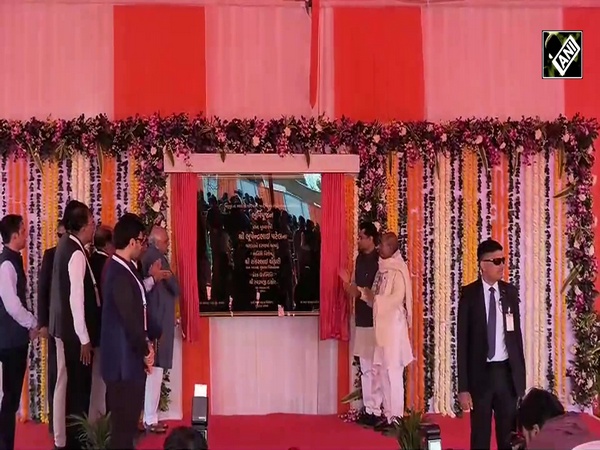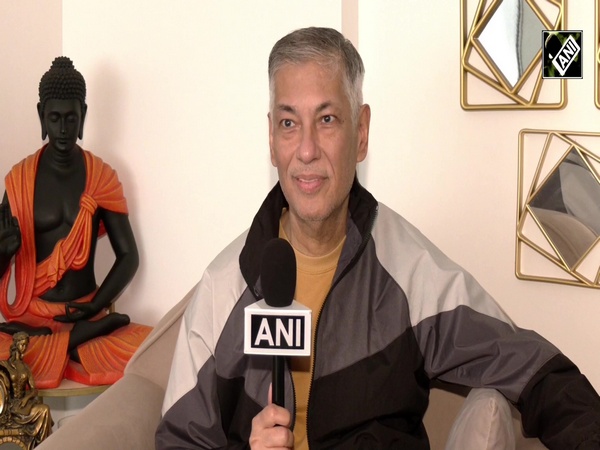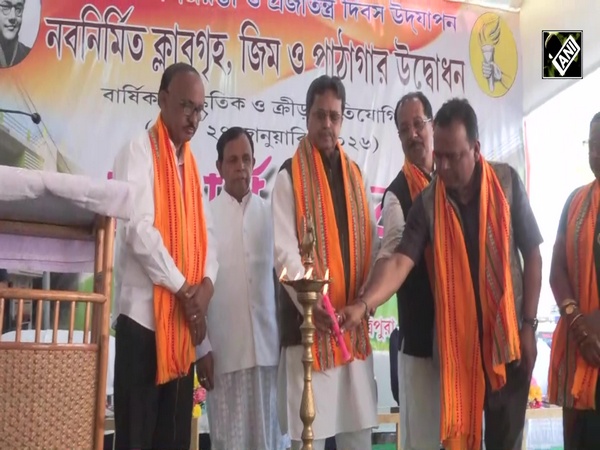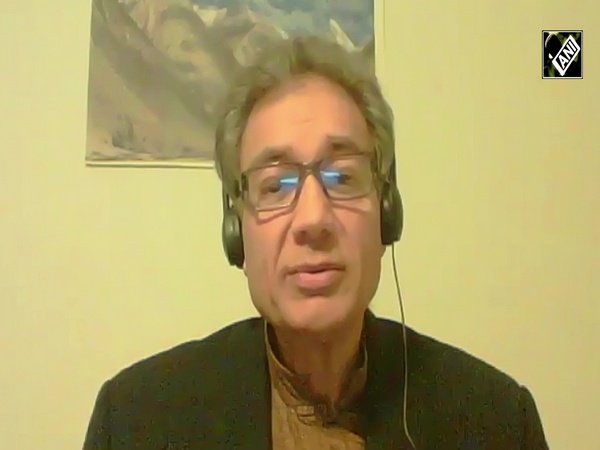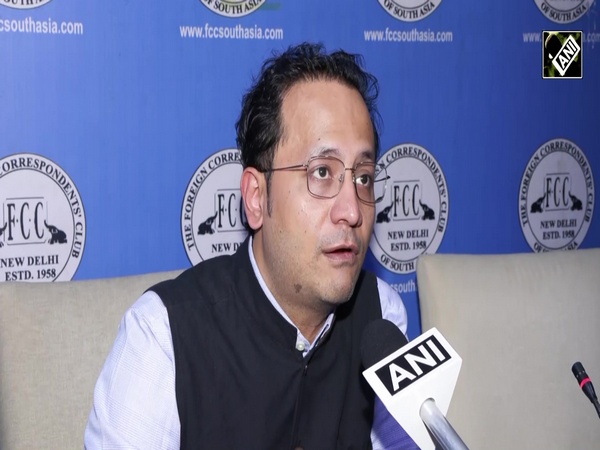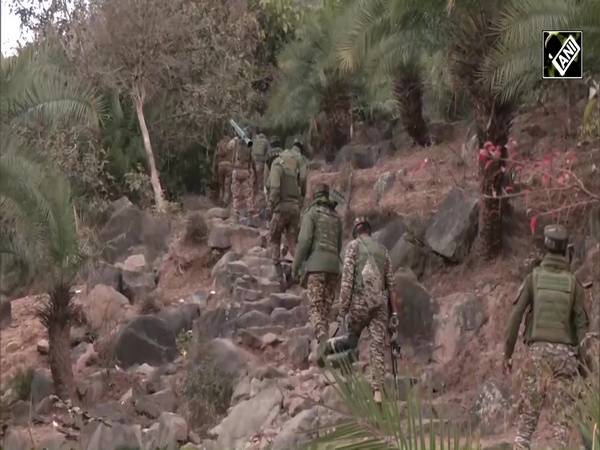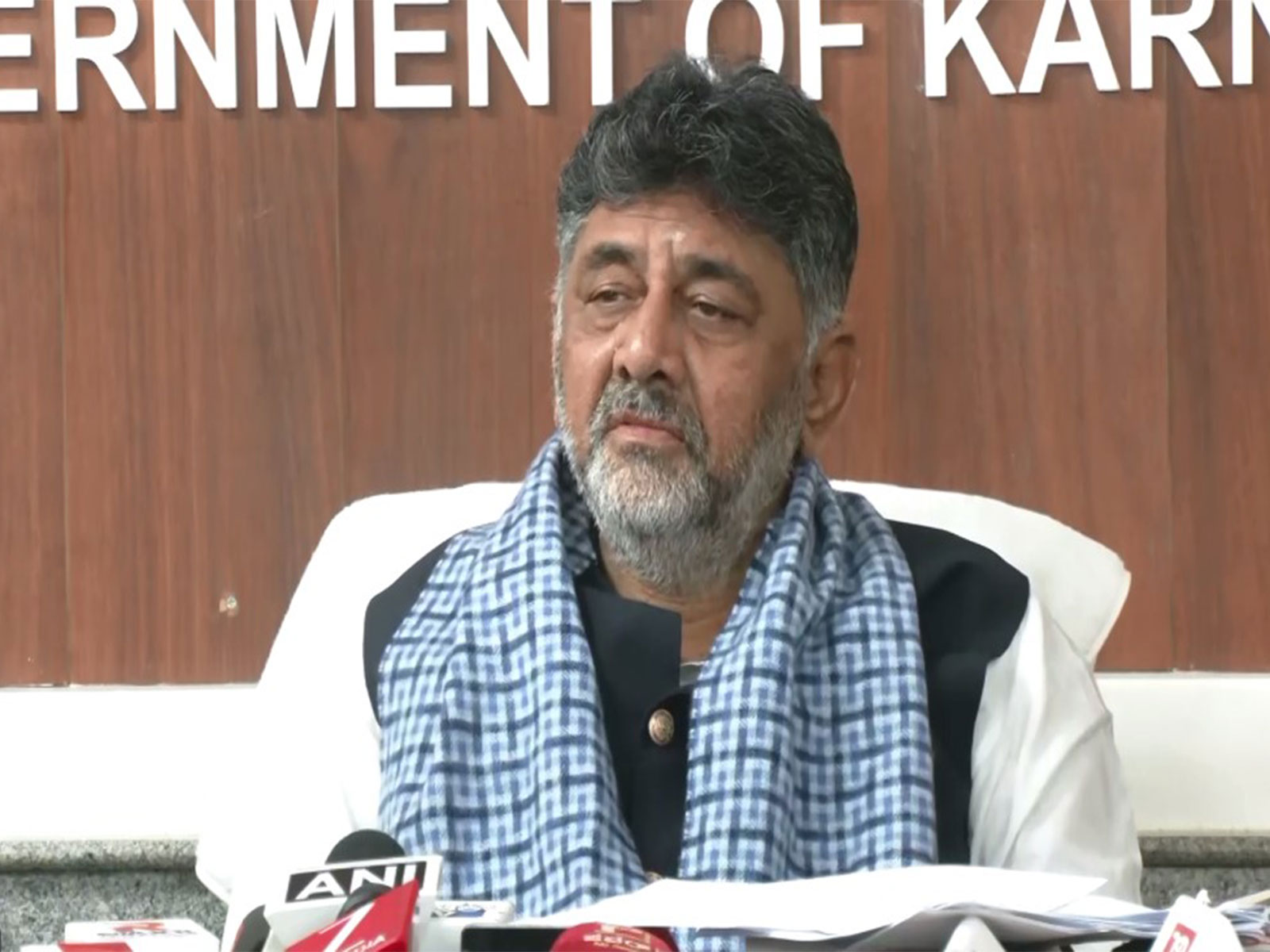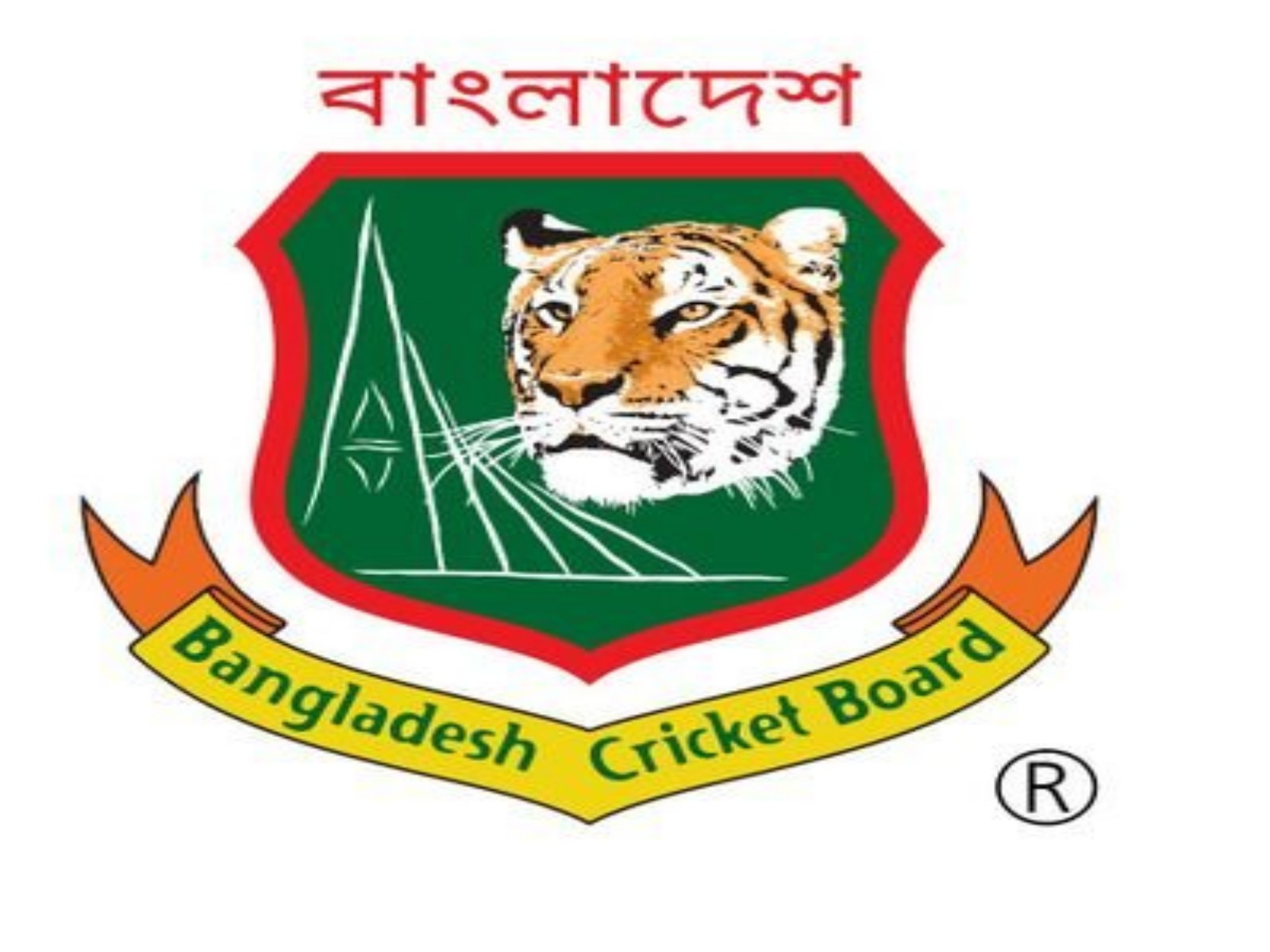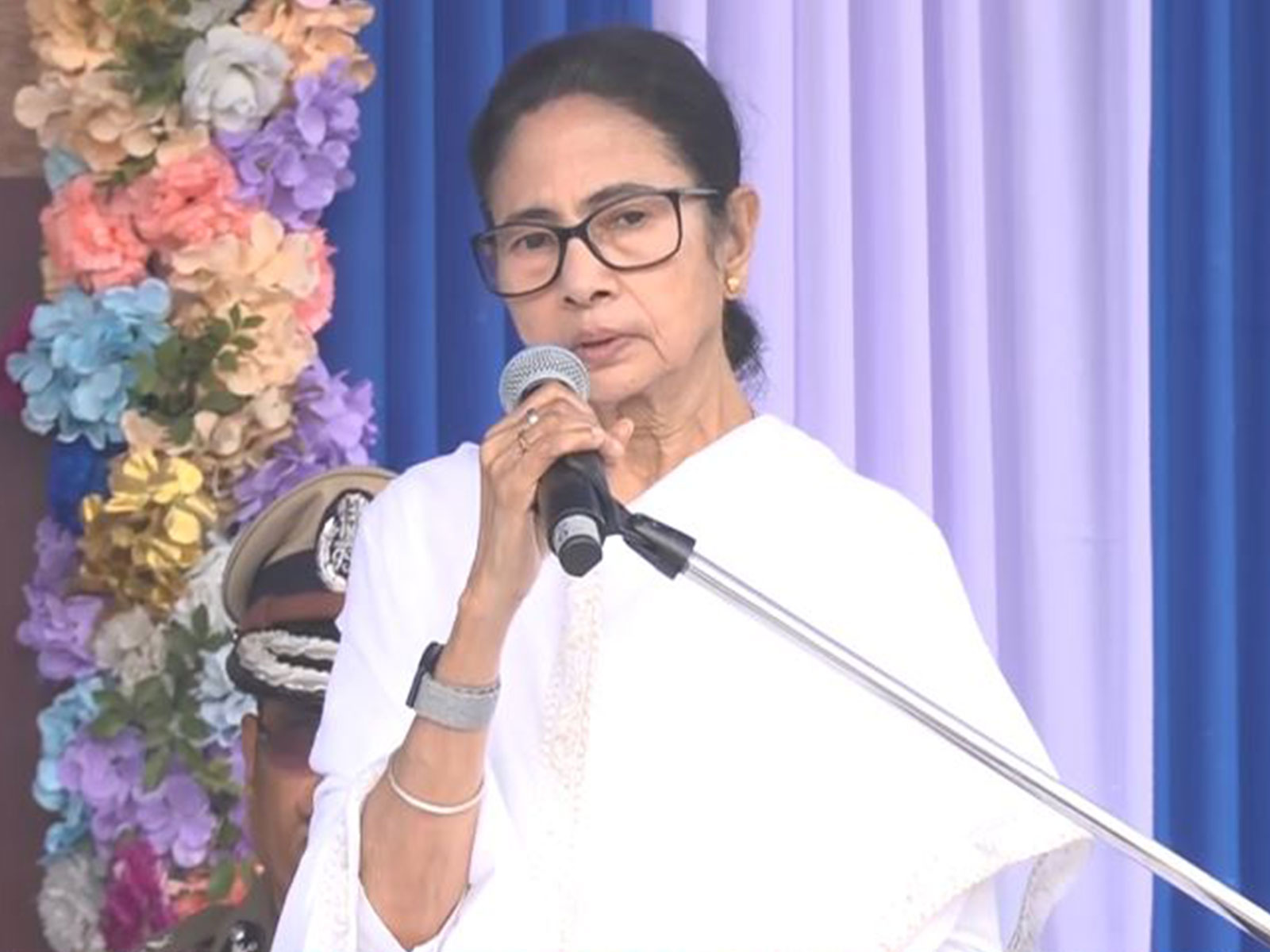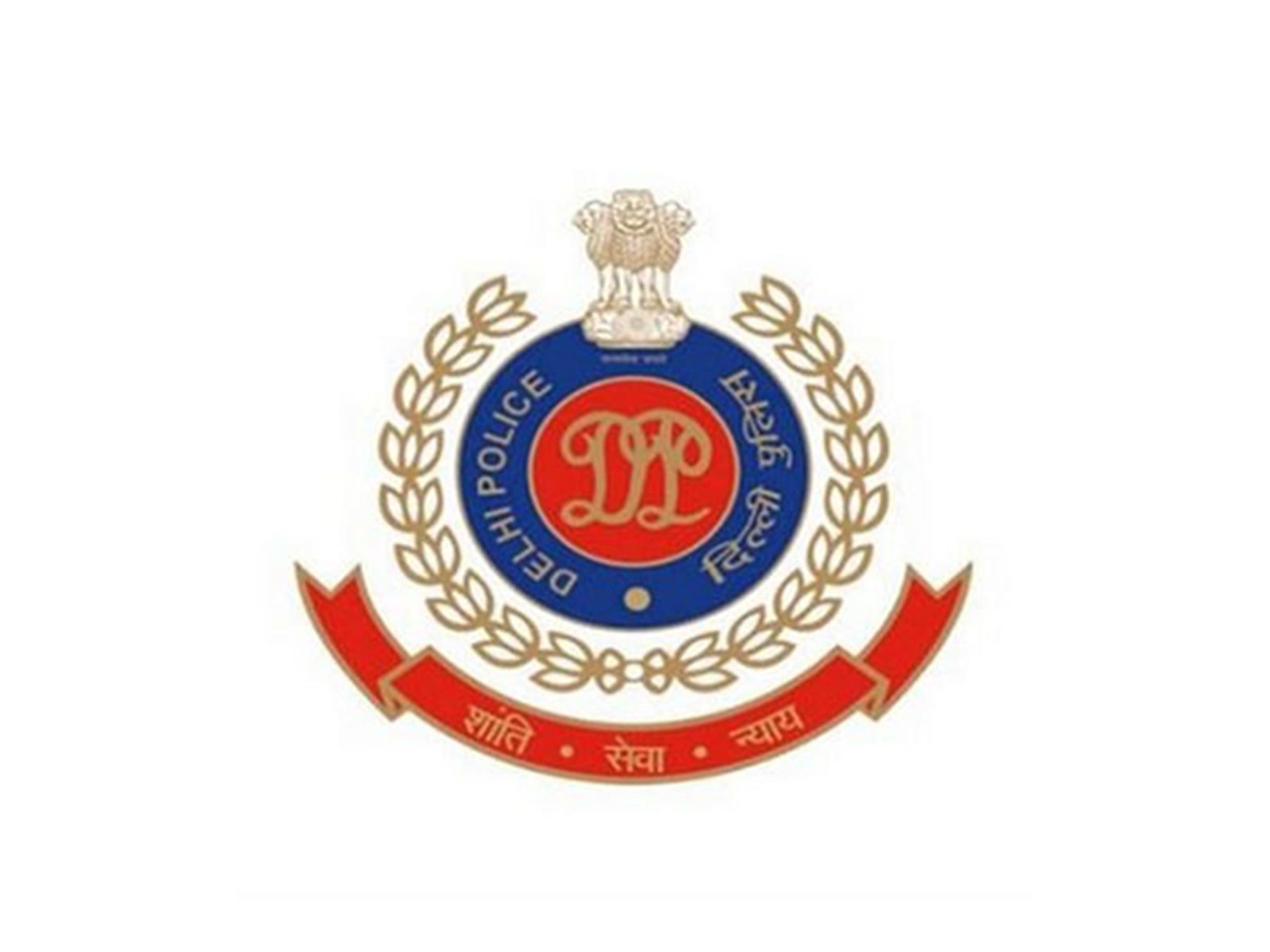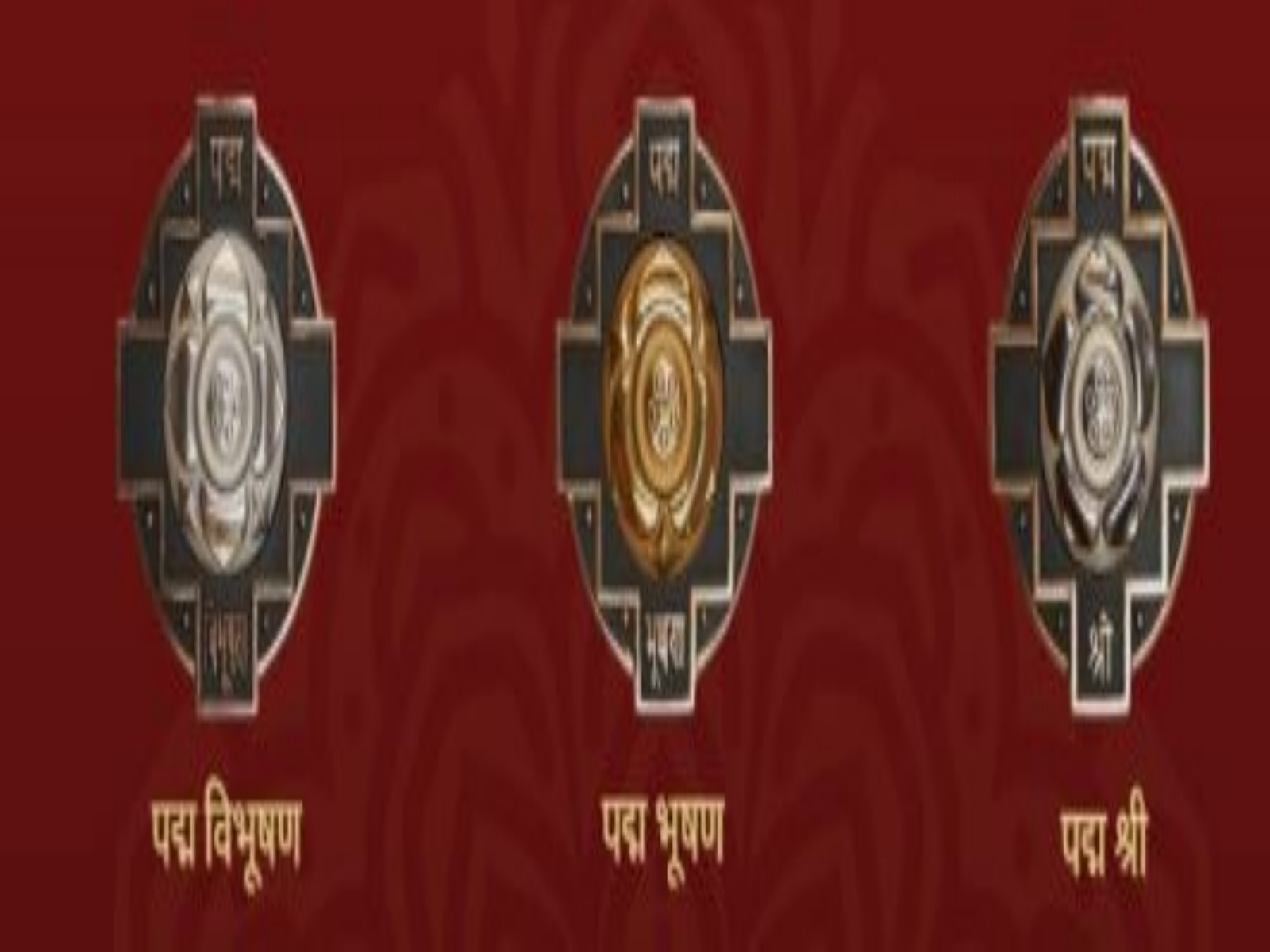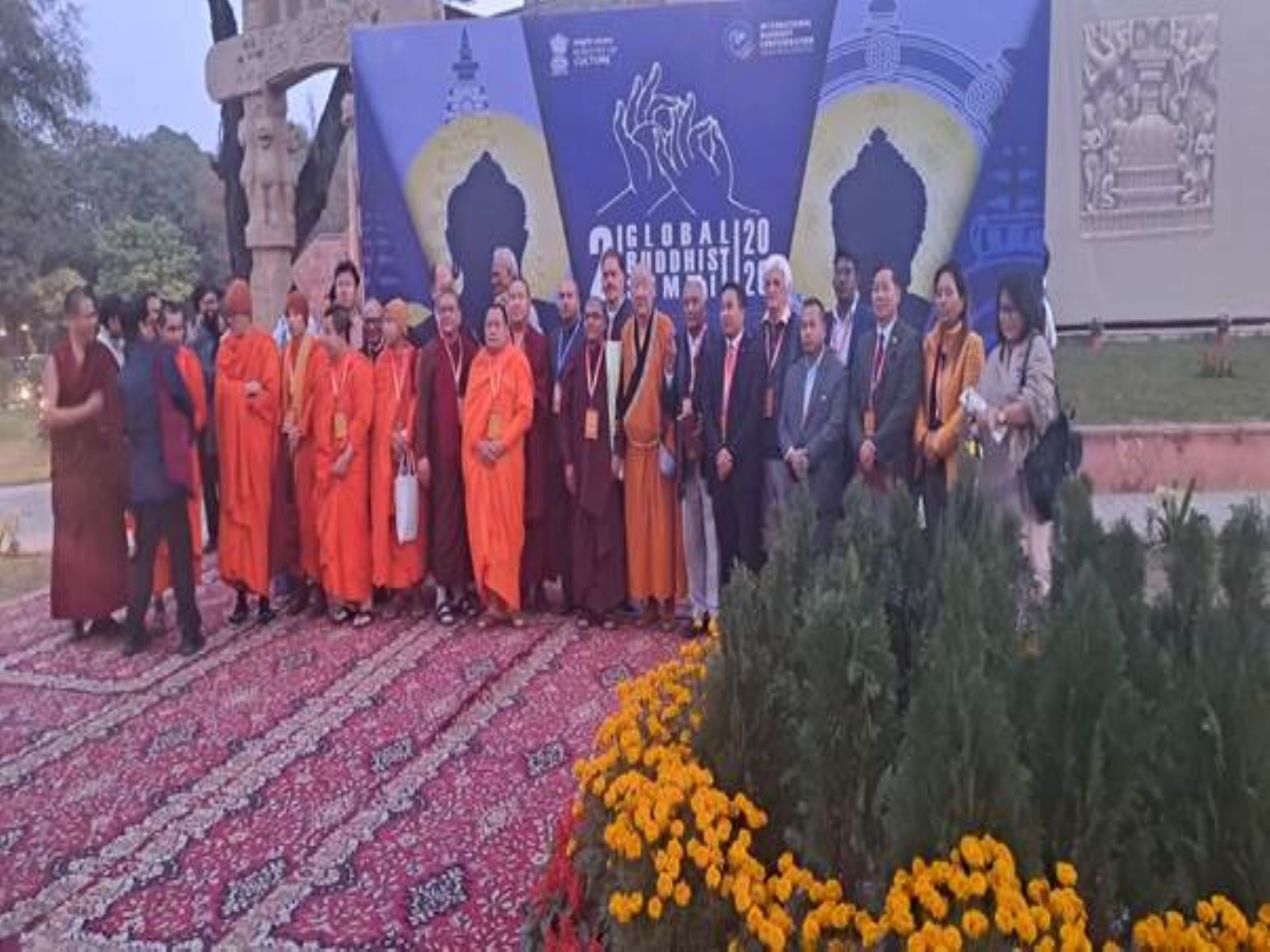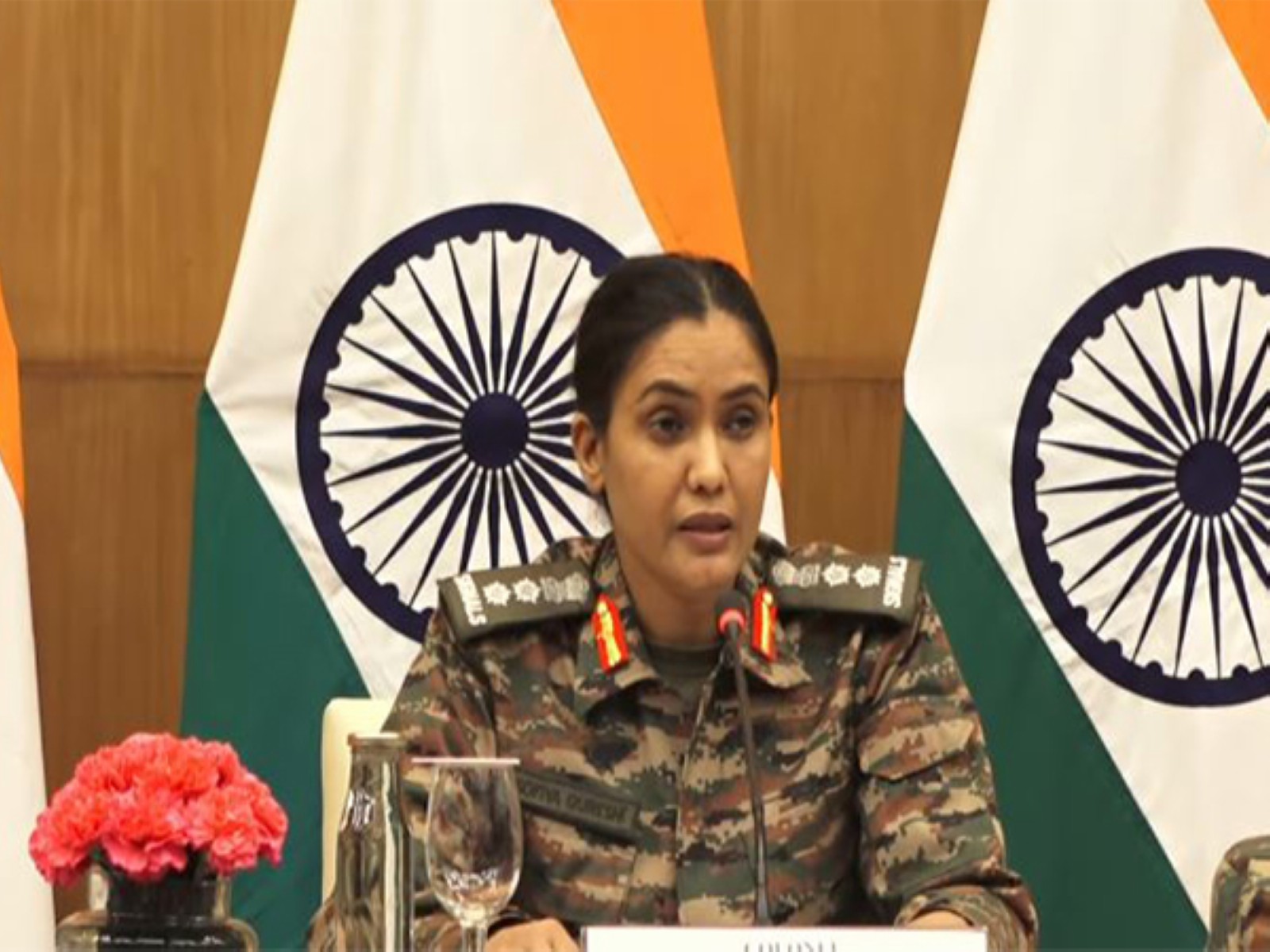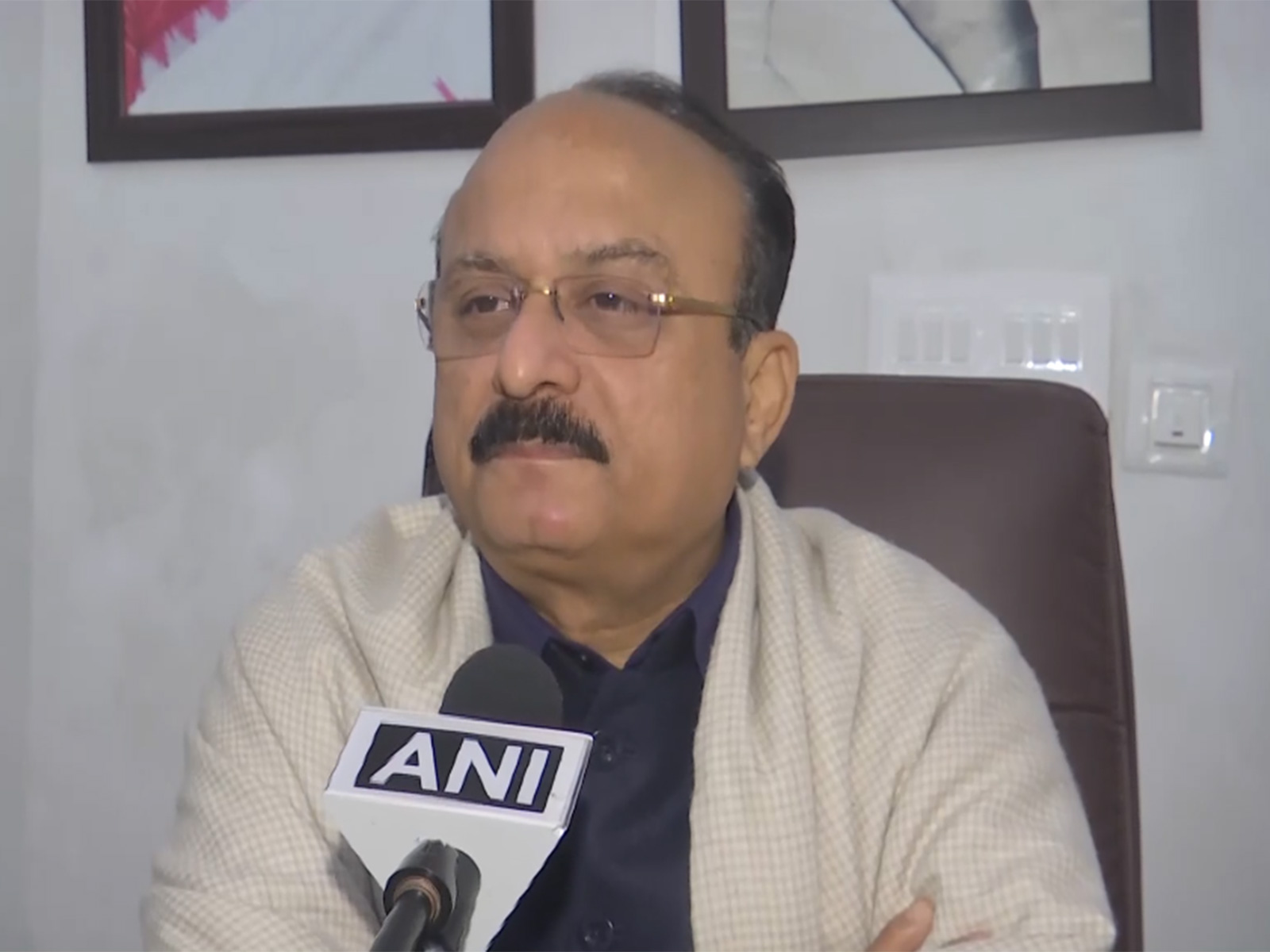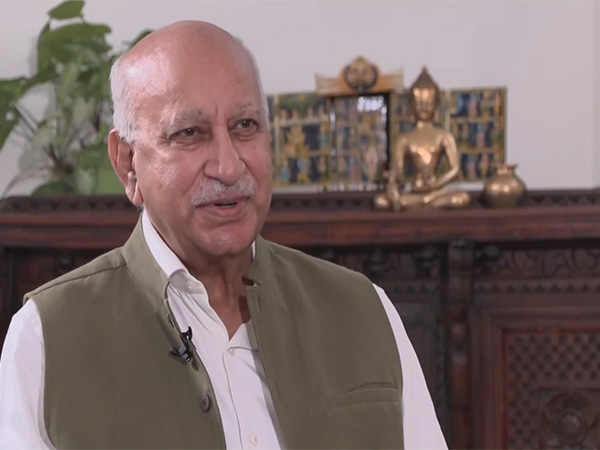
"Pak made us its permanent enemy using terrorism as its weapon," Former Mos, MEA MJ Akbar says
Aug 07, 2025
New Delhi [India], August 7 : Former MoS for External Affairs, MJ Akbar on Thursday said that no country has a permanent enemy but Pakistan made India one through terrorism.
"There very few countries. I mean, we are not permanent enemies with anyone. Pakistan has made us its permanent enemy using the terrorism as its only weapon. But that's an unusual factor for different reasons," he said in conversation with ANI.
He said that US President Donald Trump's favouritism towards Pakistan has damaged the bilateral ties between US and India.
Akbar said that it was strange of Trump to 'woo' Pakistan Field Marshal Asim Munir even after he spoke inflammatory comments ahead of the April 22 Pahalgam terror attack.
"Trump's this move, especially when talking about Pakistan, they have destroyed the two decades of efforts made by the political classes of both the sides. What has been built so carefully cannot be destroyed so suddenly. But, yes, it would be very foolish to pretend that there has been no damage. I think in particular, President Trump's very strange sort of wooing of the most fundamentalist elements in the Pakistan establishment, which is its military and its army chief," he said.
Akbar told ANI that the US must stop its policy of two rules- one for itself and the other for the world.
"Don't forget this is the same army chief of Pakistan, General Munir, who has introduced the doctrine of supremacism and fascism and religion-based fascism in his famous speech. Has President Trump's staff not shown him that speech? Not shown him what he said? He has been the architect of what is nothing less than ethnic cleansing. Over and over again, I find that America tends to exercise now the theory of two laws, one law for itself, one law for the rest of the world. This will not acceptable," he said.
Akbar said that this is a new world where people may not have equal capabilities but have equal rights.
"We are in a different world. We are in a world of, and nations like India will stand up for a very different and a very logical new order in which the nation states shall be, I mean, all of us are not equally capable but all of us have equal rights. just to make my point, Prime Minister Modi has actually shown the leadership that the world has been seeking," he said.
He said that NSA Ajit Doval's Russia visit build upon the idea of a new world order.
"The new order will not be built on any regional bilateralism and any new order as you will see from after NSA Doval's visit cannot be built without the participation of India that much is absolutely certain," he said.
Akbar said that India's relationship with China has had its ups and downs, and is a critical element of Indian diplomacy.
"The relationship with China, has its, always has its ups and downs. We have watched that since 1962. And it is in a dynamic flux. And the management of that flux is really what is a critical element of our diplomacy. And that has been managed well, because we know this theory of having permanent enemies is a very 19th century idea," he said.
He said that with China, apart from occasional skirmishes, none of the cpuntries broke the 1988 treaty.
"With China, I think the relationship has improved remarkably, a process that has been triggered. The fundamental fact of India-China relations, you must never forget. And that is what underscores its stability is the agreement that was negotiated in 1988 and then made into a treaty is that there shall be peace and tranquility on the border," he said.
"Now, for nearly 40 years, not a single bullet has been exchanged on the border. Incidents will happen. But there has been no outbreak of armed hostility between the two. And the two countries have learned how to respect a treaty which they have signed," he added.
Akbar said that Indo-China relations are structured around a unique non-solution.
"Now that is, as I said, of the principles of the differences will be sorted out. Actually, if I may put it, the India-China relationship is now structured around a very fascinating principle that perhaps the solution lies in a non-solution. That since we cannot come to an agreement on the border, agree to disagree," he said.
Akbar said that keeping the border dispute aside, both nations are talking about reviving tourism.
"Leave it on one side and get on with trade. Get on with relationship. Today I am happy to report, I was just reading somewhere, that the Indian tourism industry now is hoping for a revival of tourism from China. And there will be collateral benefits as the rest of the world finds changing and creates new economic equations than each other," he said.
He further said that India and China must concentrate on the foreign policy that suits themselves, and not worry about others.
"You must stop worrying about how anyone else looks at us and concentrate on how we look at others. The moment you realize that Indian foreign policy is based, on the Swadeshi principle, that how we look at others is that slightly more, much more important than how others view us," he said.
